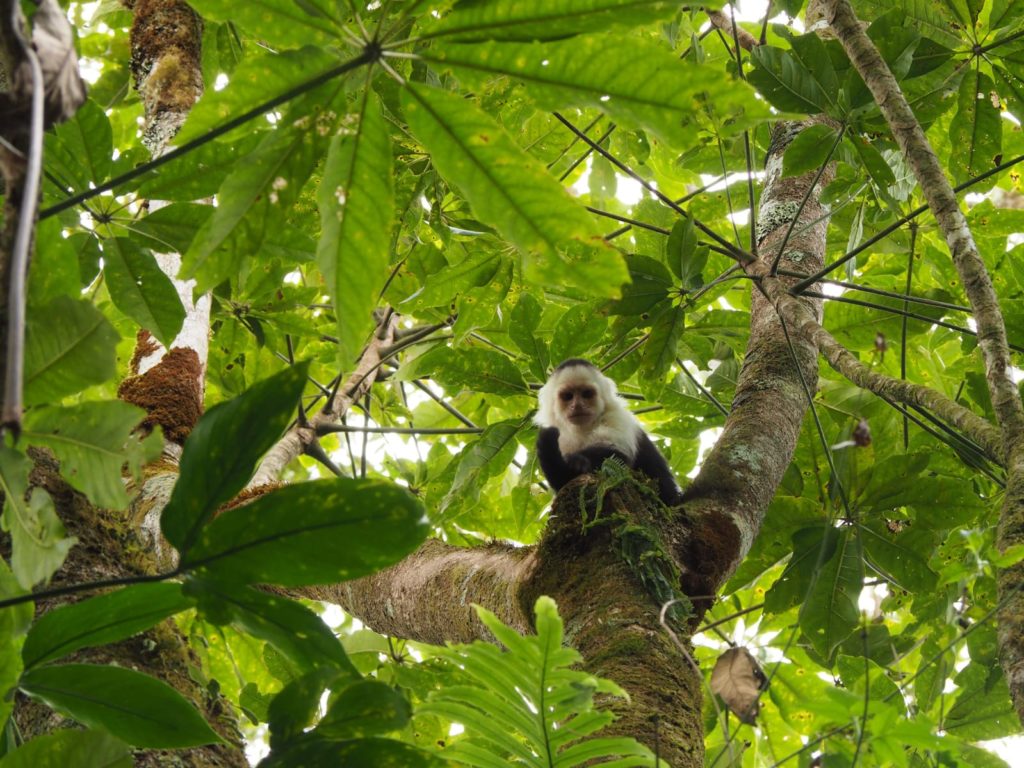
April has been an unusual month, at Cloudbridge and the world over. Many countries have effectively «shut down» to prevent the spread of Covid-19, and Costa Rica has not been the exception. In the case of our small Central American nation, these efforts have been fruitful, as the caseloads have remained quite small, not even coming close to overwheming the public health care system.
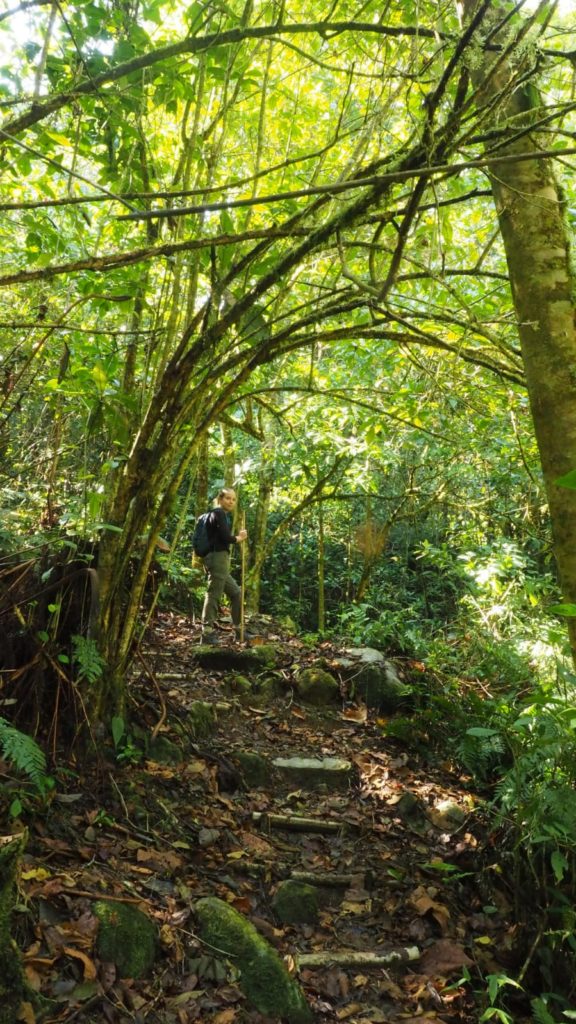
Cloudbridge has remained closed for the whole month of April, though we hope that on May 11th the government guidelines will allow us to reopen. Of course, we will be following social-distancing guidelines and a covid-19 protocol. As is the case for many around the world, we have suffered a severe loss of income due to this pandemic. If it is at all possible for you to support Cloudbridge Nature Reserve, please consider making a donation of whatever amount you please. We are very thankful for any assistance!!
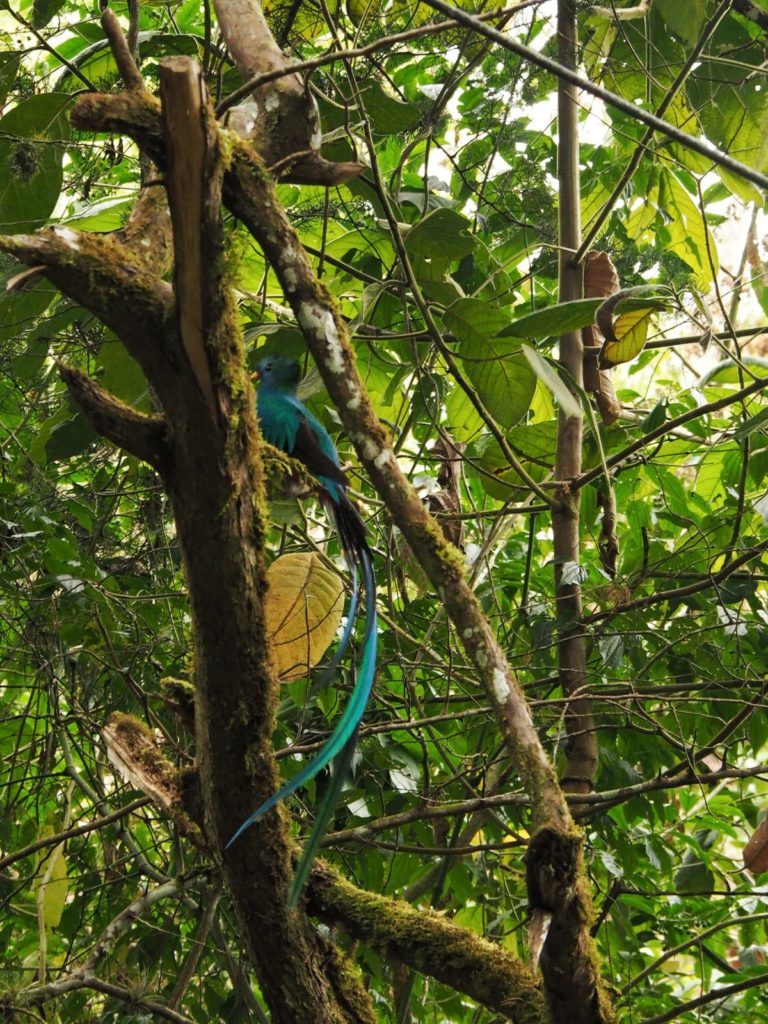
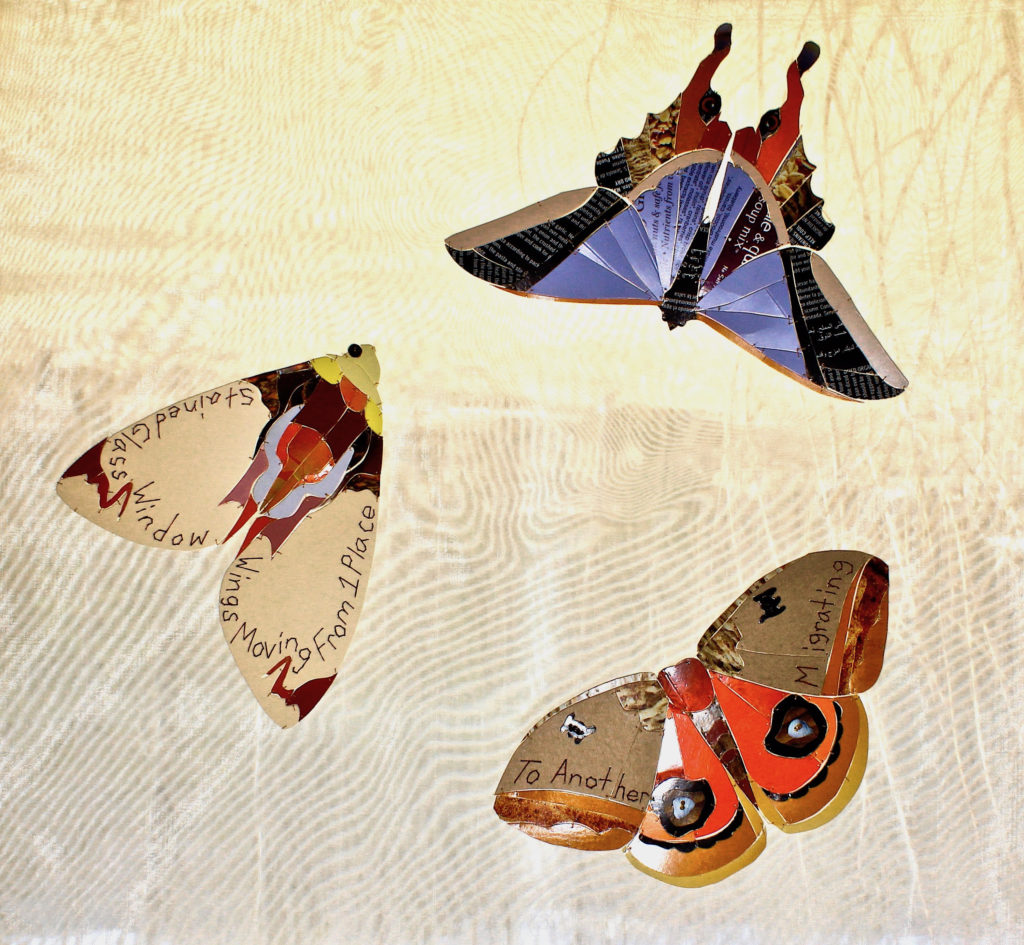
This April was the 50th celebration of Earth Day. Here at Cloudbridge, we staged a Virtual Earth Day Celebration on Facebook, asking participants to share the actions that they perform to help the Earth in day to day life, as well as related artwork. There were some very inspiring responses, from places as far-flung as Vermont and Australia! Thank you to all who participated!
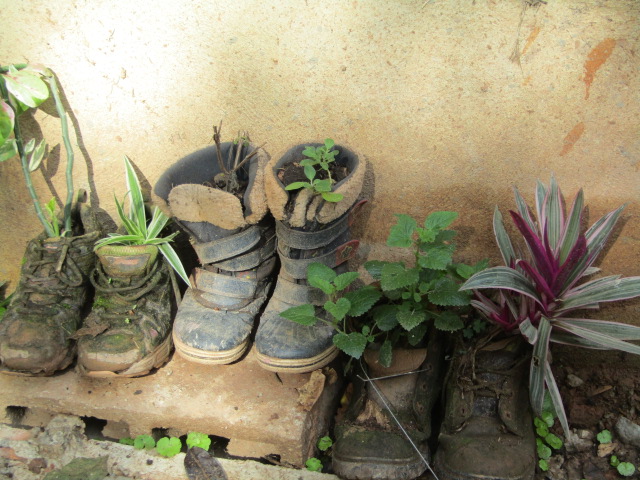
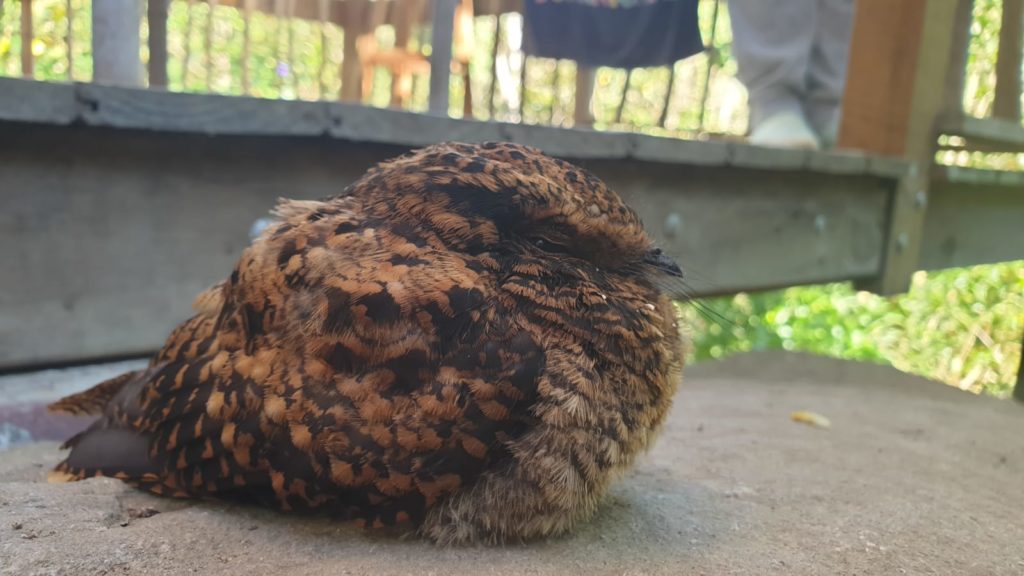
Over the last couple of months, we have added to our bird species list, bringing our identified species that have been seen at Cloudbridge Nature Reserve to a total of 305 (!!). Above, this dusky nightjar came and hung out near the staff house for a while, before wandering off again. It truly is a birders paradise, here.
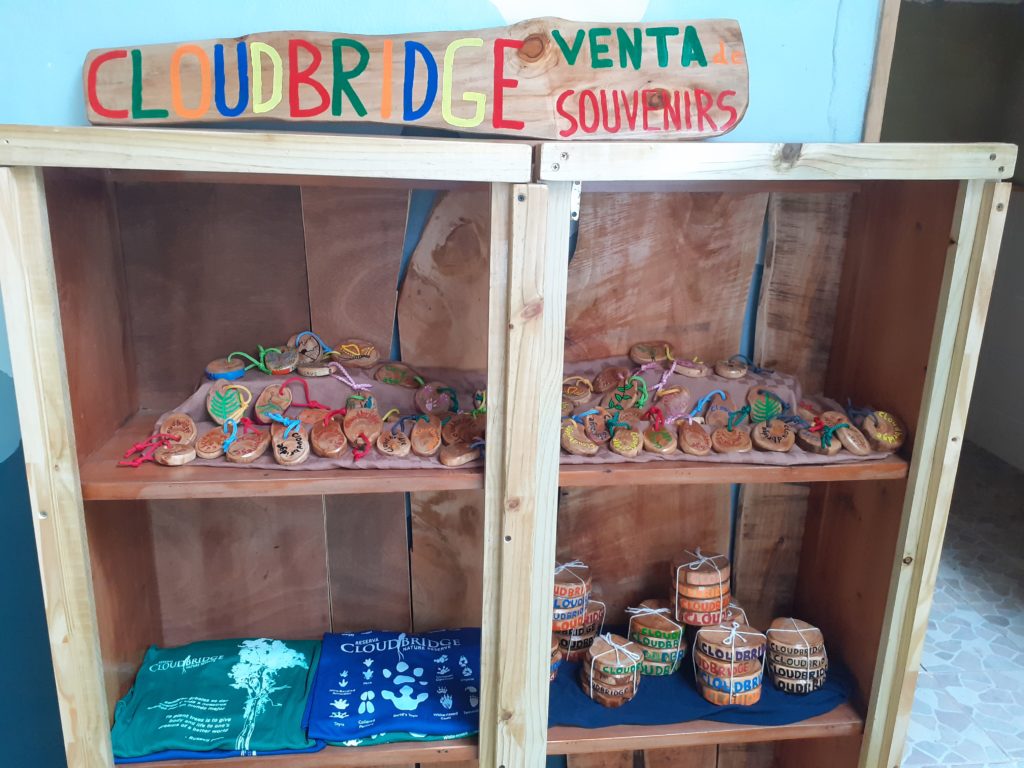
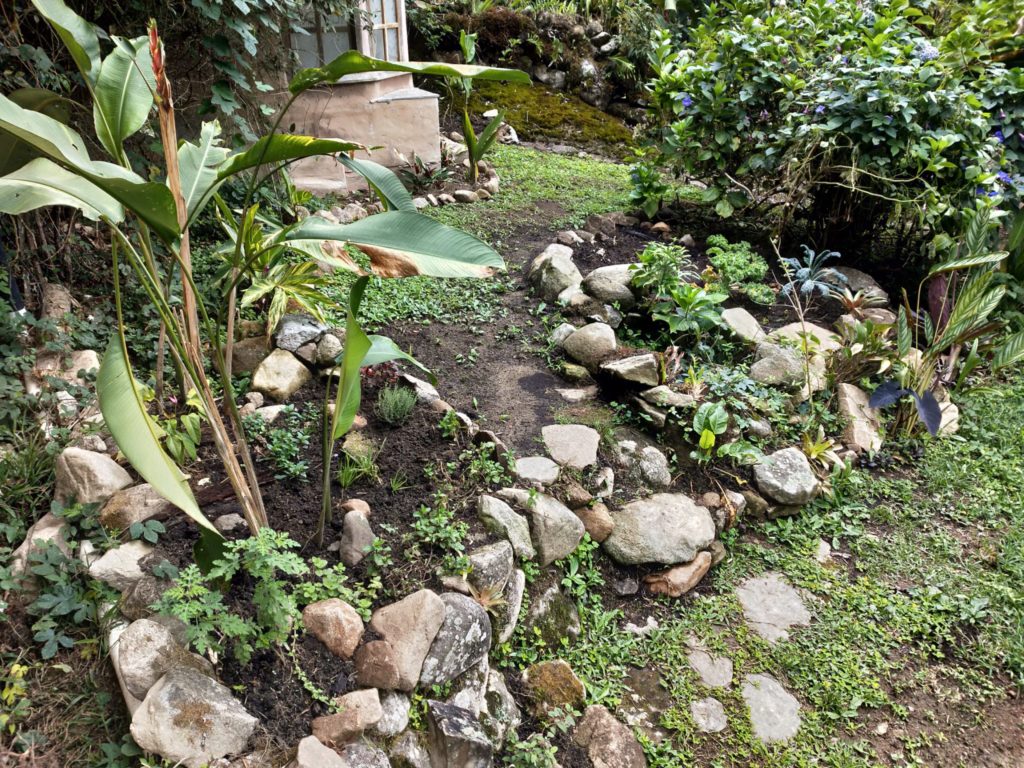
The lovely group of researchers and volunteers who have chosen to stay here in the midst of the pandemic have kept on with their work and studies. Our bird monitoring program is ongoing, we have some forestry studies happening (including in a plot that has been abandoned for some time), and of course the camera trap surveys are also ongoing. We have also made some new gardens around the classroom and the staff house, and updated the welcome center. We have kept some of the volunteers busy with making souvenirs from forest materials.
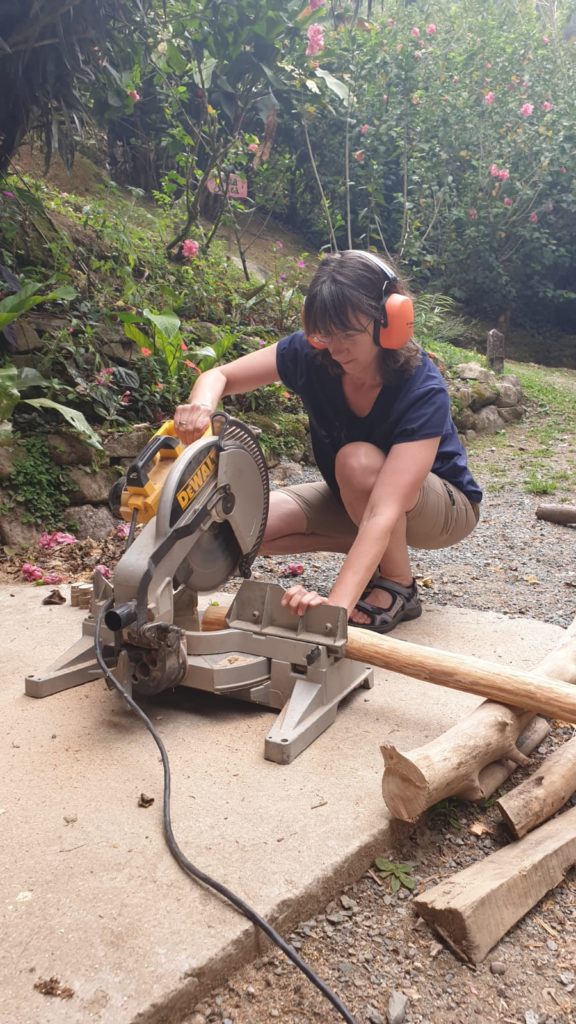
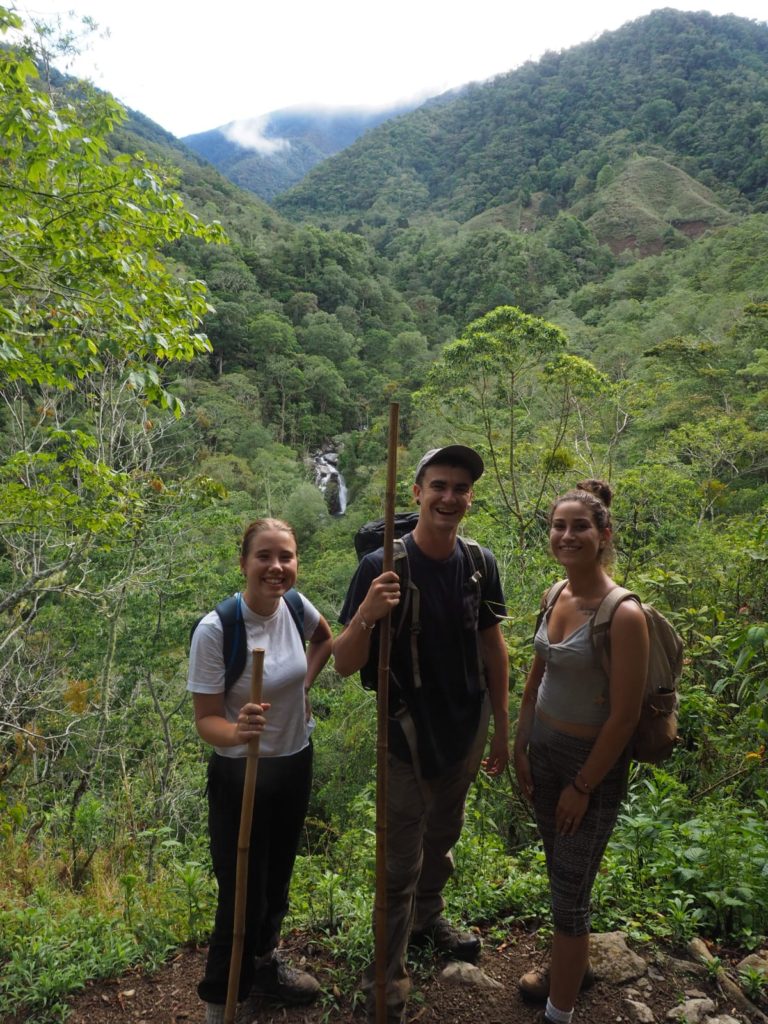
It is definitely not all work and no fun at the Reserve. Because they have been in a «bubble», maintaining social distancing from the outside world, our researchers and volunteers have been able to socialize amongst themselves, making them a lucky group! With delicious, fresh, local food available for pick-up, there have been wonderful feasts and a lovely Easter weekend celebration. We even spent an evening watching shooting stars.
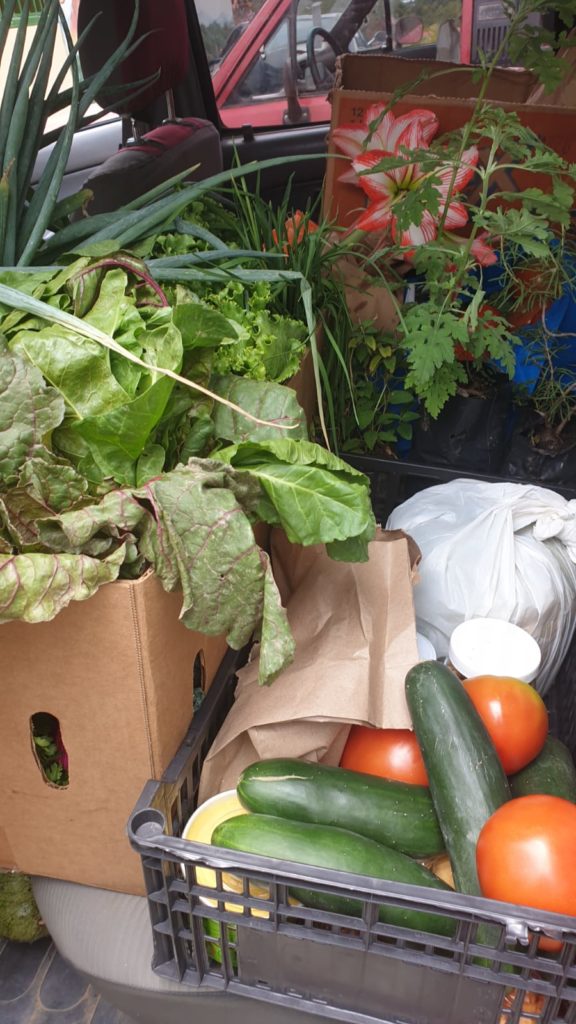
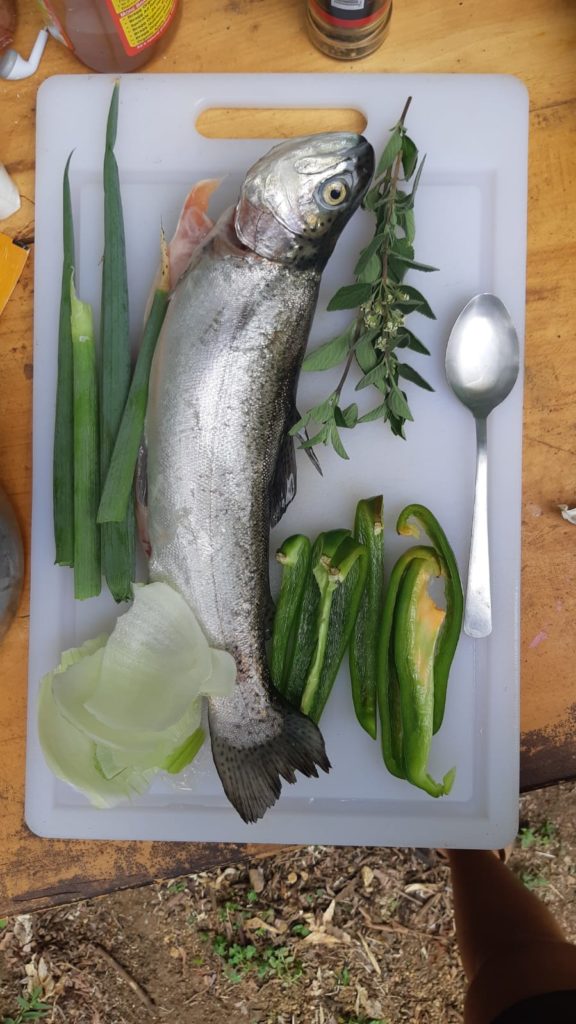
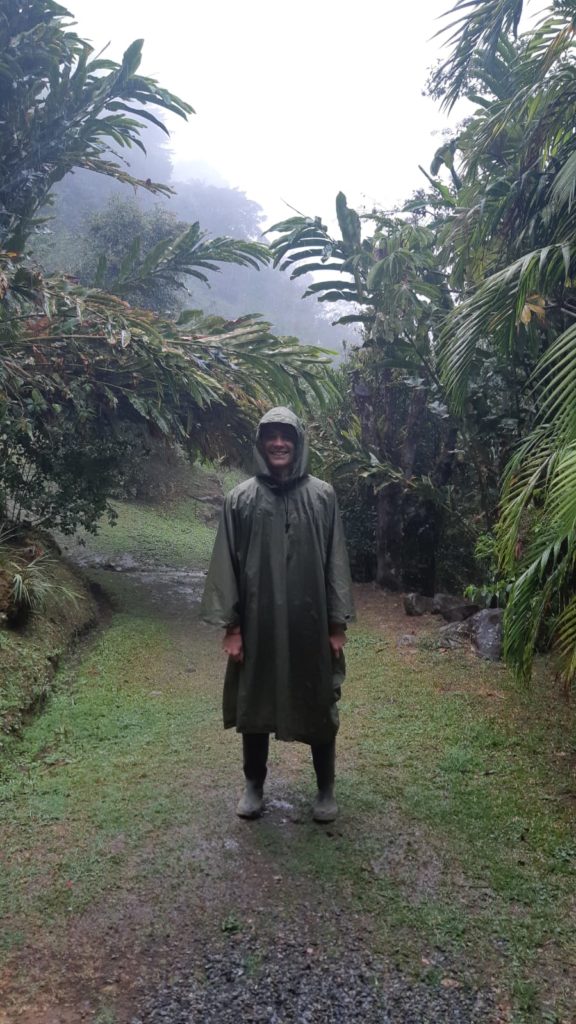
This month has also brought the rains again! The Earth seems to be sighing with relief and pleasure, we are so happy to have the rain.
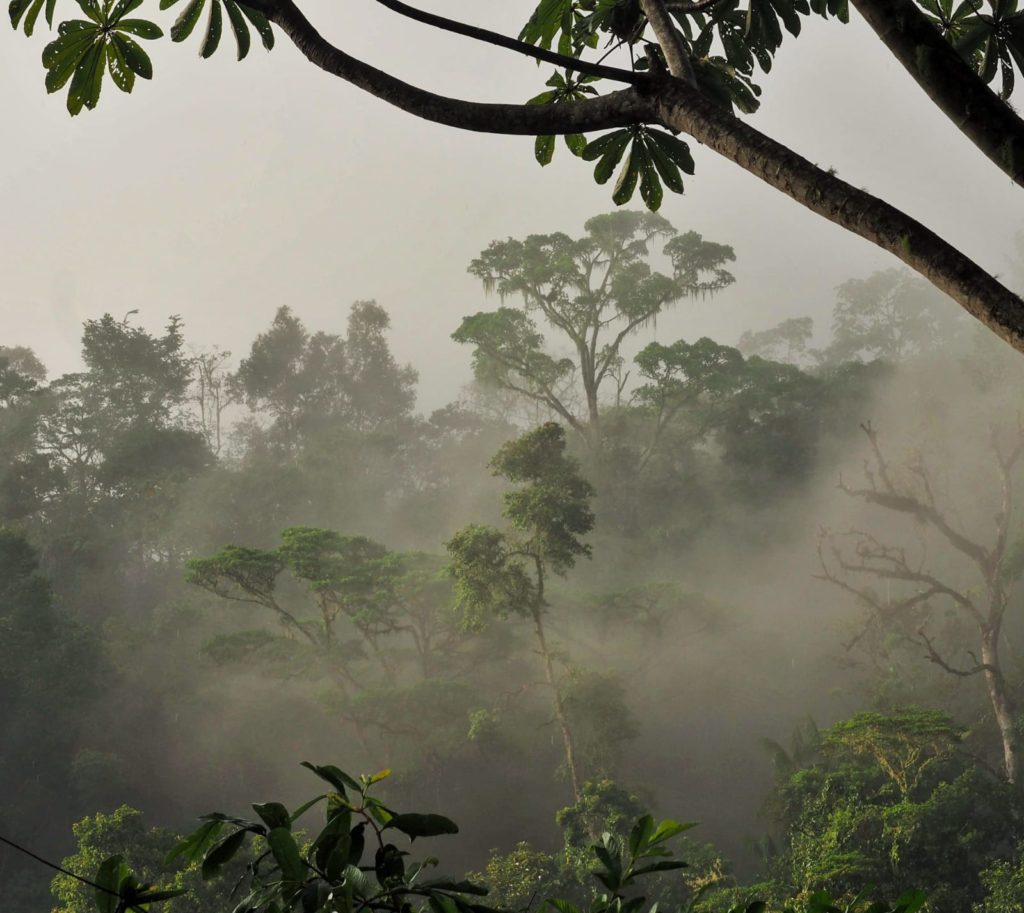
Pictures from around the Reserve
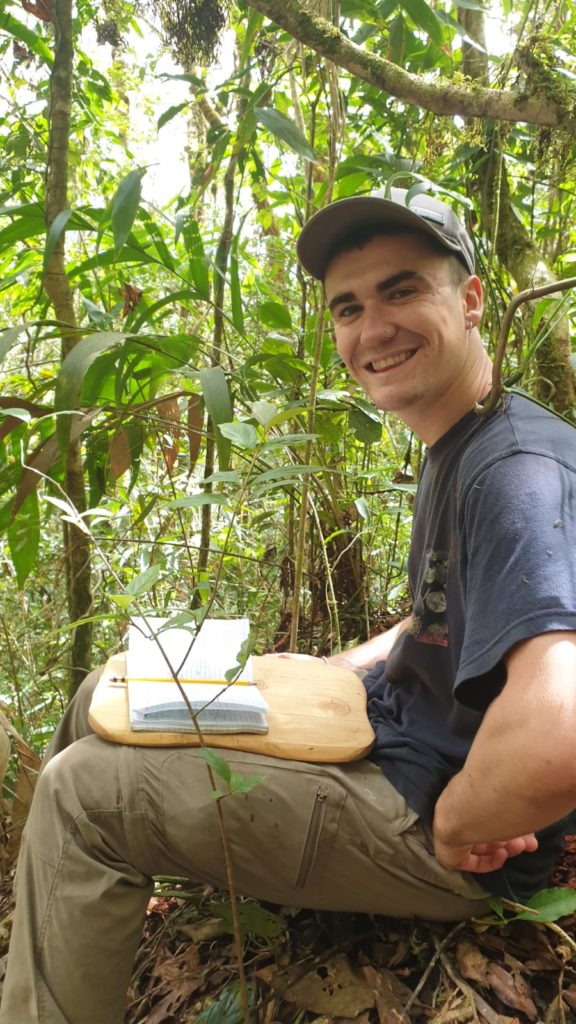
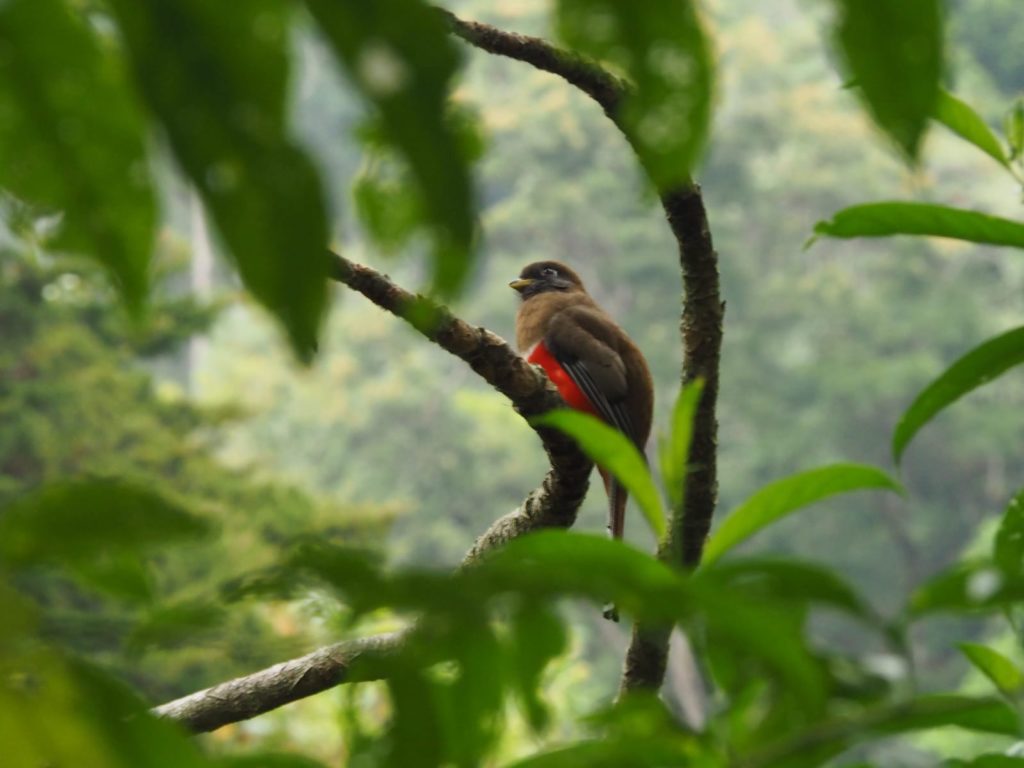
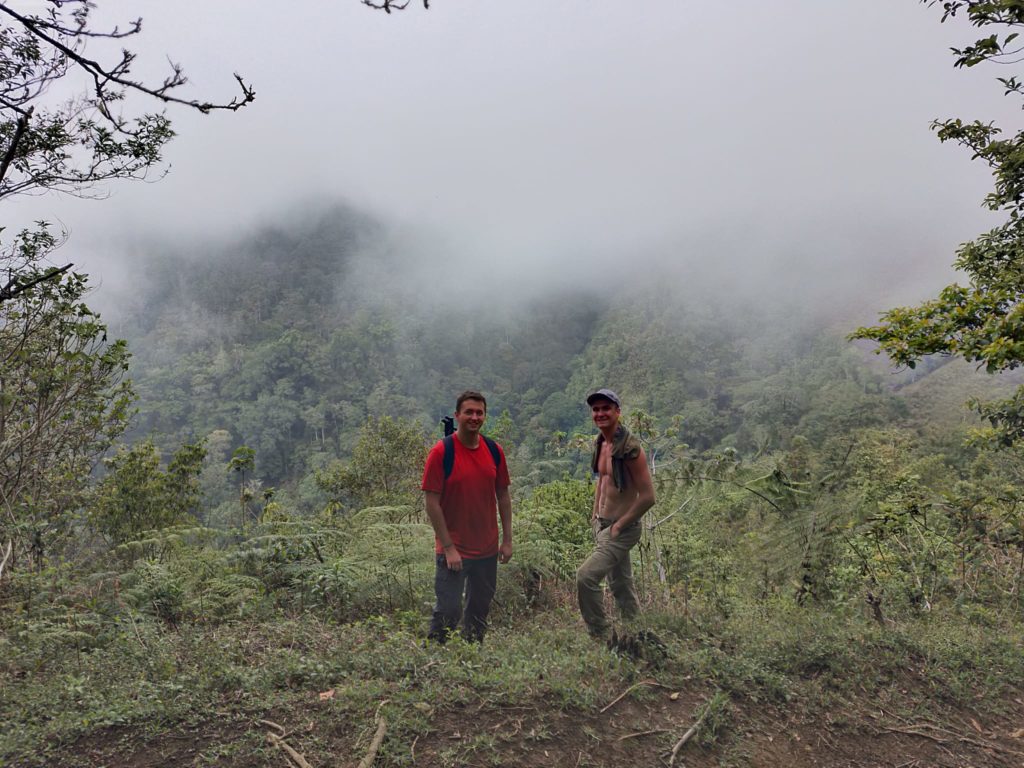
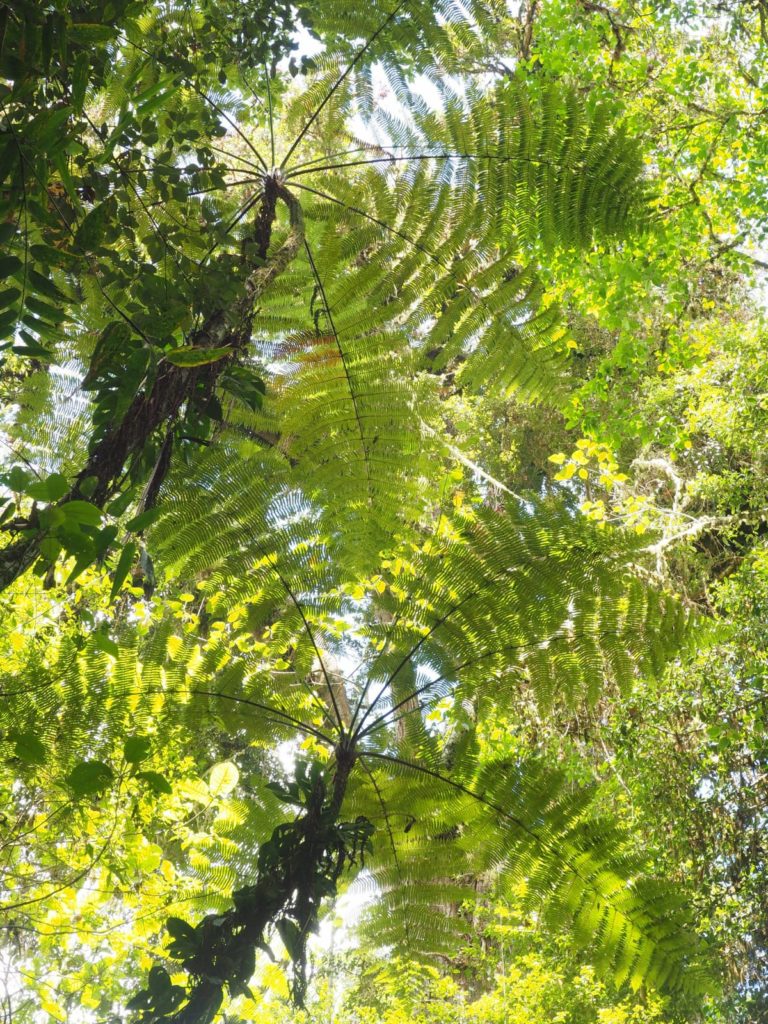
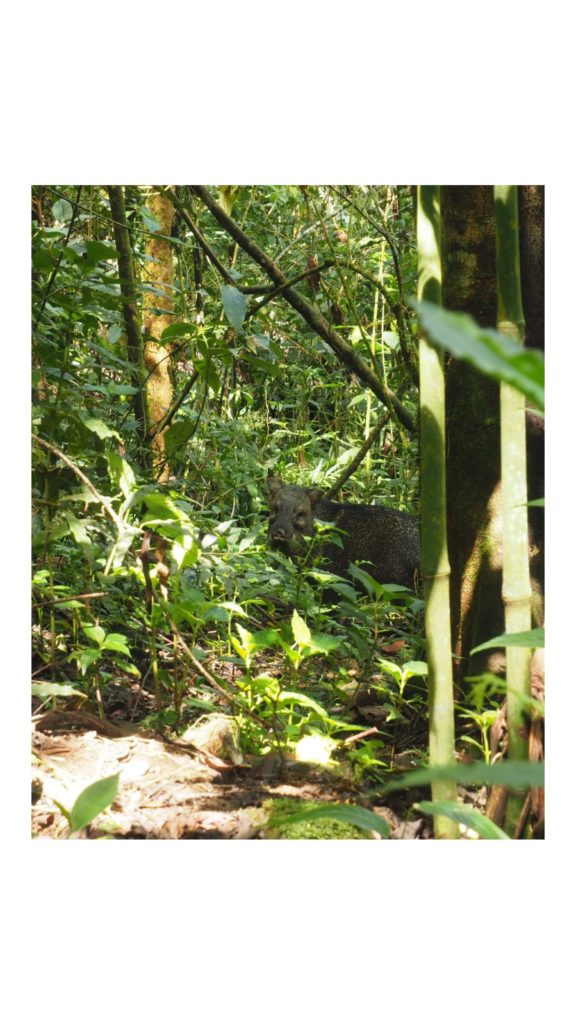
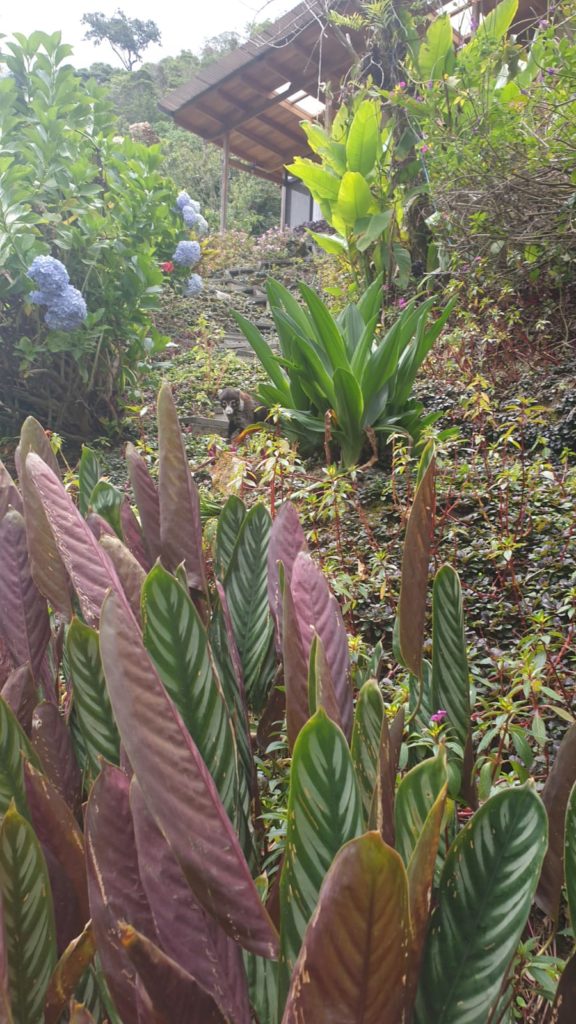
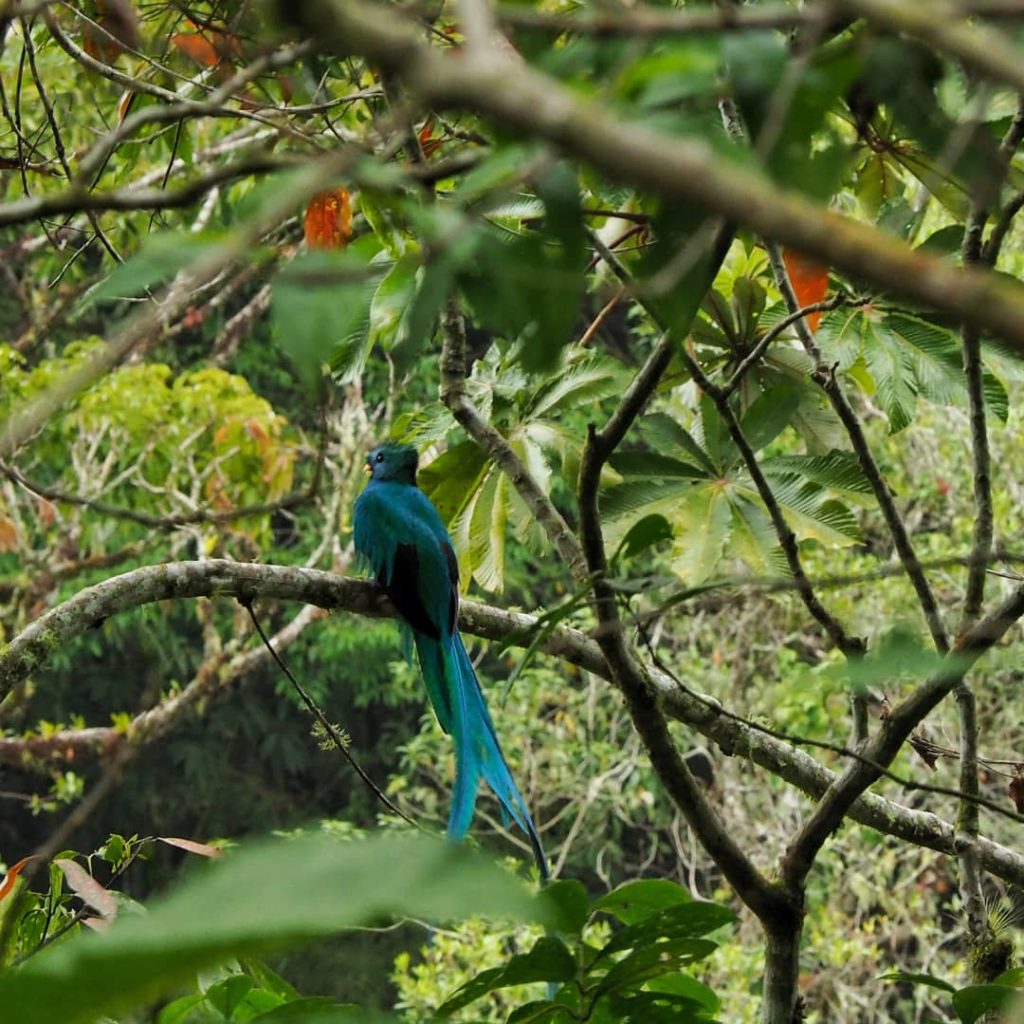
Suggested Reading
Recognizing the importance of our non-human neighbors and the indispensable services they provide (such as pollination), is a growing trend that more cities and suburbs will adopt. This article describes the experience of Curridabat, a suburb of San José that has given citizenship to bees, bats and butterflies.
The giant sequoias of California´s Sierra Nevada are magnificent beings who have lived through millenia. Documenting their decline is a heartwrenching experience, but something that this author feels is important to do.
With so much attention being placed on Covid-19, it is easy to overlook the immense threat that our changing climate continues to pose to millions of people´s health and well-being. Certain regions that already experience food insecurity are now being further threatened by vast clouds of crop-destroying locusts.
The drastic shifts that have occurred in the wake of Covid-19, and the large stimulus packages that are currently being designed, offer an unprecedented opportunity for society to push low-emission, green technologies. However, few governments seem to be taking this into account. This opinion piece explores this dilemma.
